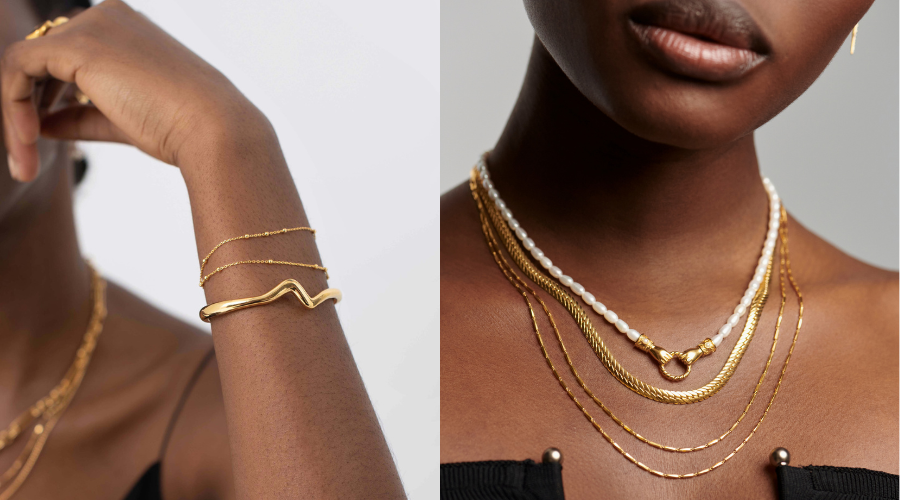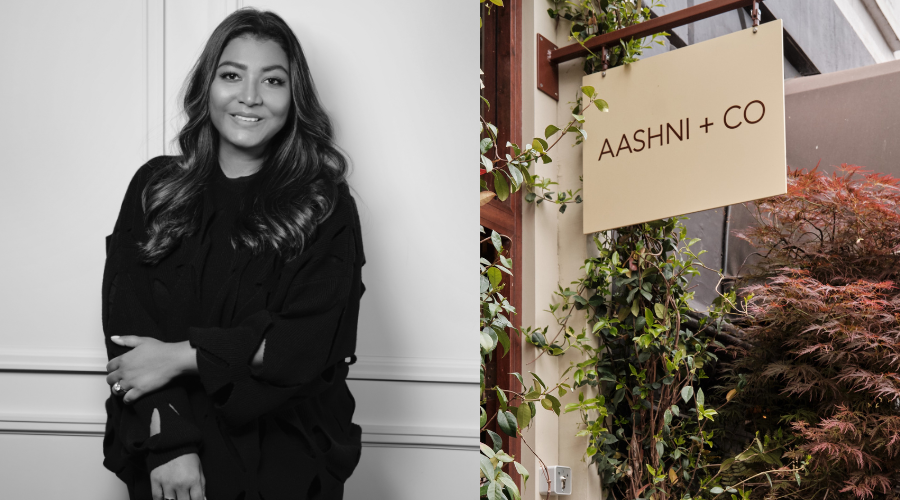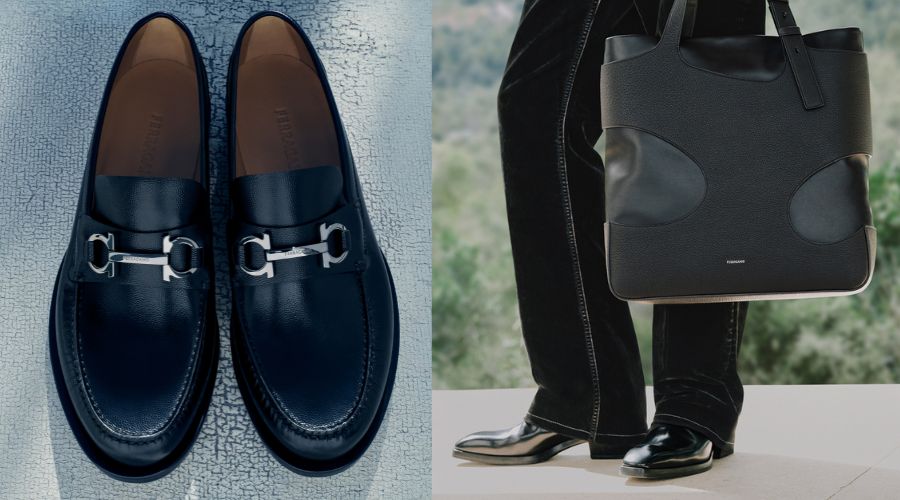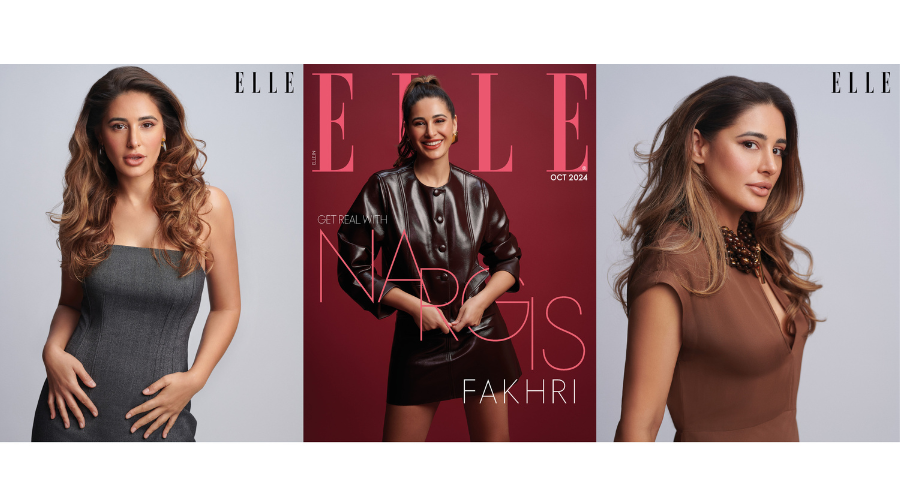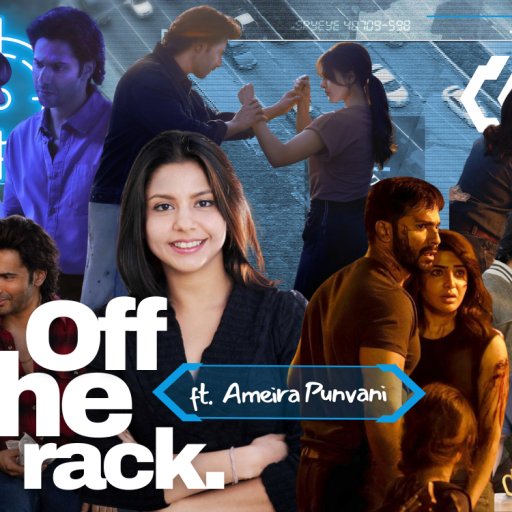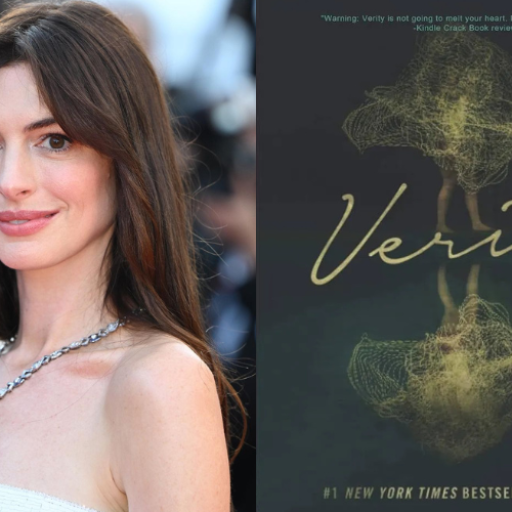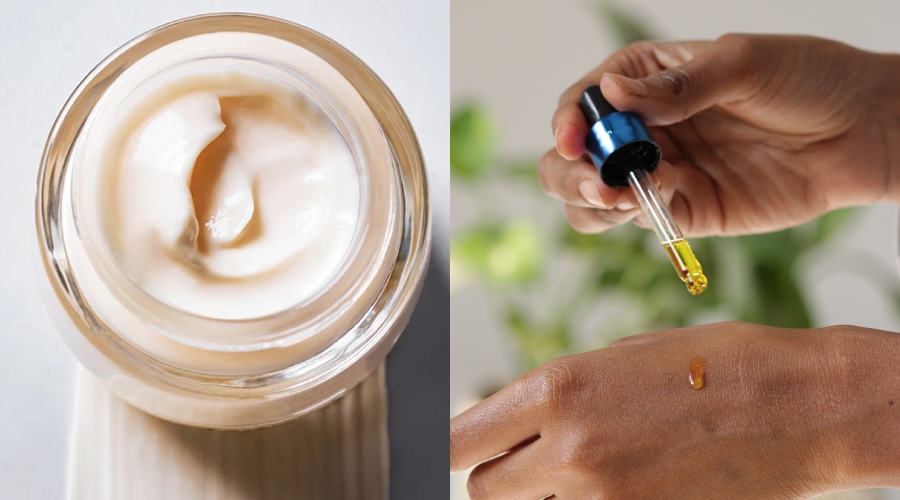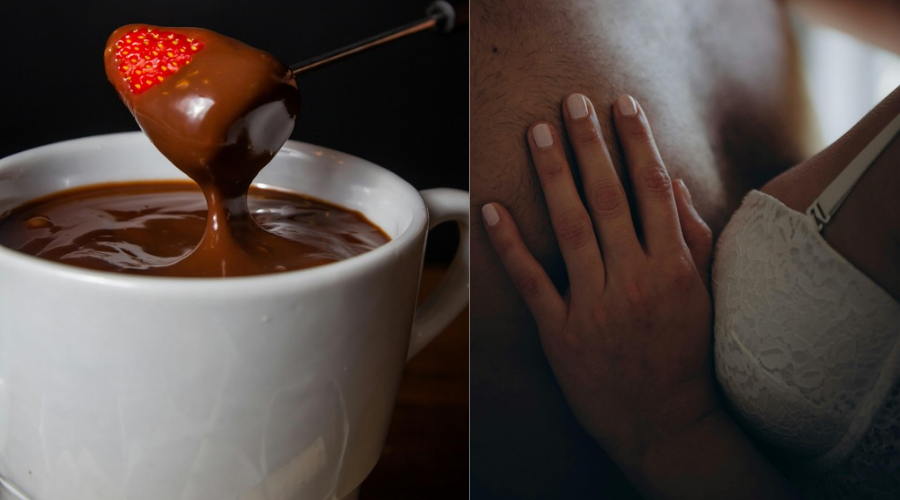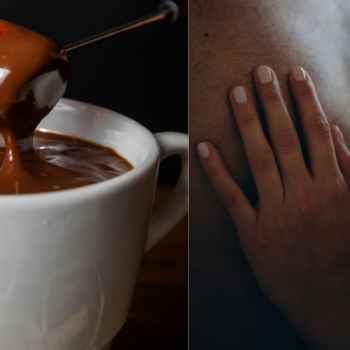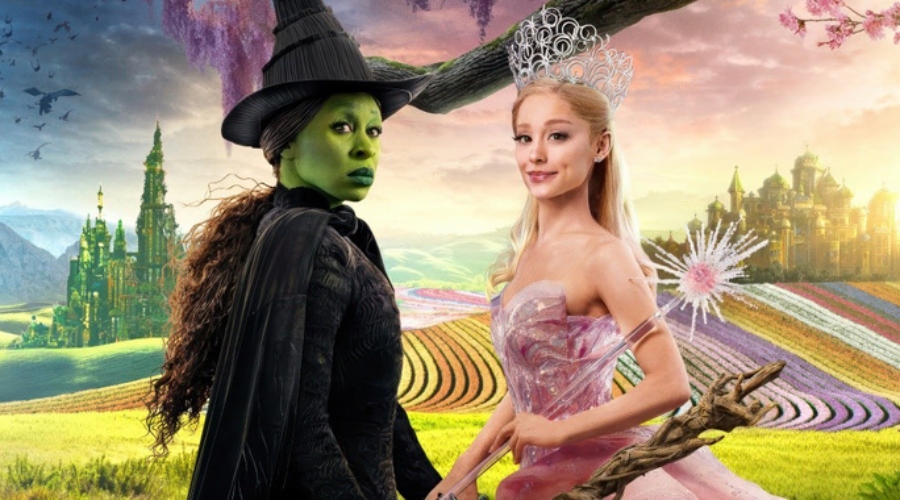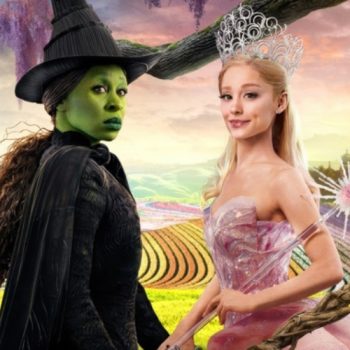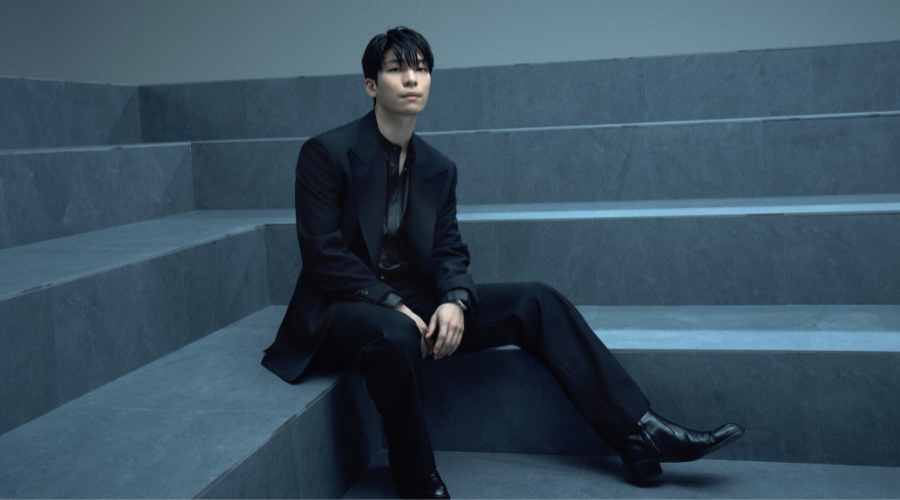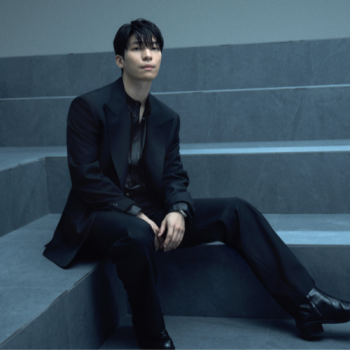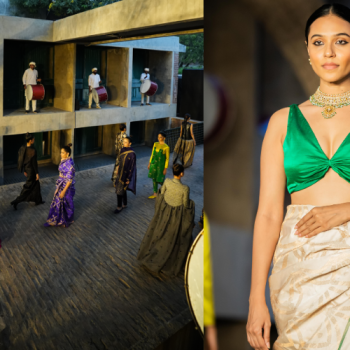Before any interview, I try to trace the tiny ways in which I’ve crossed paths with the person I am about to speak to. A quick search leads to Nargis Fakhri popping up in my inbox thrice. The first instance, in 2011, was in the middle of a heated debate with a friend about Imtiaz Ali’s ‘Rockstar’. Another time in 2014, my boyfriend had forwarded a swimsuit shoot starring Fakhri. And most recently, a friend from Mumbai sent me a snippet mentioning the actor in a conversation about haunted places in her city. It’s funny the many ways a celebrity can play cameos in our personal lives, their images and stories cropping up like familiar landmarks in our own journeys.
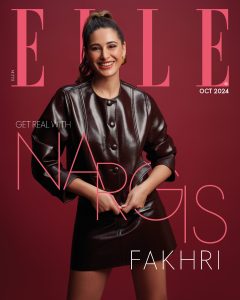
When you consider it from this angle, it becomes easier to ask them questions like ‘What part of your story do people always get wrong?’ “I felt misunderstood when I first came to India. People thought I was born and raised here, that I was this proper Indian actress,” Fakhri says. “I was the only one laughing at my jokes at times,” she reflects on her experience in those early days on film sets. “But I’m so glad that despite that, I was still shown a lot of love, and now I have so many fans who I also love in return and am grateful for.” Dualities make up Fakhri’s life.

An insider in some rooms, a stranger in others. It’s this oscillation between extremes, both geographical and psychological, that makes for an interesting dialogue between the parts of herself that are seen and the parts that aren’t. “I am a very private person. If you go onto my social media, you won’t know what exactly is happening in my life. Of course, I share my travel pictures and special moments because I genuinely feel it’s the best way to connect with fans, but I’ve learned to carefully choose what aspects of my life to make public.” The pandemic, for many, was a time of returning to oneself.

A sudden withdrawal from the world outside and a journeying inward. When Fakhri talks about missing India during the pandemic, she tells me it was a revelation that startled her. For the actor, who grew up in Queens, New York, raised by a single mother in a working-class environment, the isolation unearthed a deep sense of displacement. It was as if the forced stillness gave her permission to long for something she never realised she’d come to see as home.
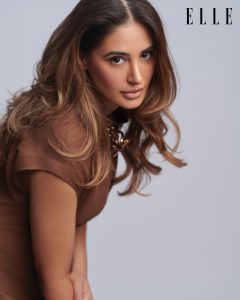
But the idea of home itself has always been complicated for Fakhri. It’s not tethered to a single place. ”I’ve come to understand that home isn’t about a location but about feeling a sense of peace and connection within myself and with the people around me.” It was her debut film ‘Rockstar’ that brought her to India in 2011. The mega production, in which she starred alongside Ranbir Kapoor, instantly cemented her in the pantheon of Bollywood’s new faces. With her statuesque height, sculpted jawline, and distinctive almond eyes, she brought a kind of fierce grace to the screen. Her modelling career had already taken her across the world, but Bollywood was different—it required more.

It demanded a kind of emotional surrender that she quickly came to appreciate. From political thrillers like ‘Madras Café’ (2013), where she played a journalist, to her more commercial roles, like the one she plays in ‘Housefull 3’ (2016), Fakhri has navigated the terrain with a mixture of curiosity and caution, pushing herself, while defying convention. There’s a self-awareness to her understanding of how the world perceives an actor versus the ephemeral nature of their public persona. “Don’t put so much emphasis on something only to watch it disappear,” she says when we discuss the pressures of beauty standards in the film industry. “All you have to do is change your perception. Change your mindset, and things will no longer seem like a burden.”
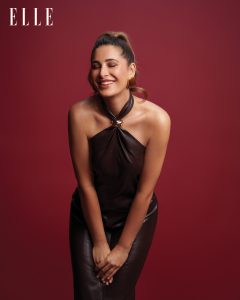
At the heart of Fakhri’s dreams for her future lies a desire for simplicity, for a deeper connection to the world and the self. She wishes for herself a quiet homestead, a place where she can live self-sufficiently. Recalling a transformative experience, she describes a 10-day Vipassana retreat she attended where the world outside was put on hold. “You leave feeling like a new human, recharged and reconnected to yourself so you are able to take on the world. I think it’s something we all should do for ourselves once a year.”

What becomes clear when speaking with Fakhri is that she is in constant dialogue—with the world, with herself and with the many layers of identity she inhabits. “One particular idea that I’m passionate about exploring is the intersection of entertainment and social change. I envision working on projects that not just entertain but also inspire and empower people, addressing important social issues and fostering positive dialogue.“ Her journey is not linear but spiralling, each turn bringing her closer to a deeper understanding of what it means to both belong and to stand apart, to be both object and subject, to be seen and unseen.
ELLE India Editor: Ainee Nizami Ahmedi, Videographer: Roshan Paul, Photographer: Aneev Rao; Fashion Director: Zoha Castelino, Hair: Justine Mellocastro, Makeup: Eshwar Log, Bookings Editor: Rishith Shetty, Assisted by: Komal Shetty (Lead Stylist), Vaishnavi Misra (Styling), Khushi Nagpal (Bookings), Artists PR: Raindrop Media.

